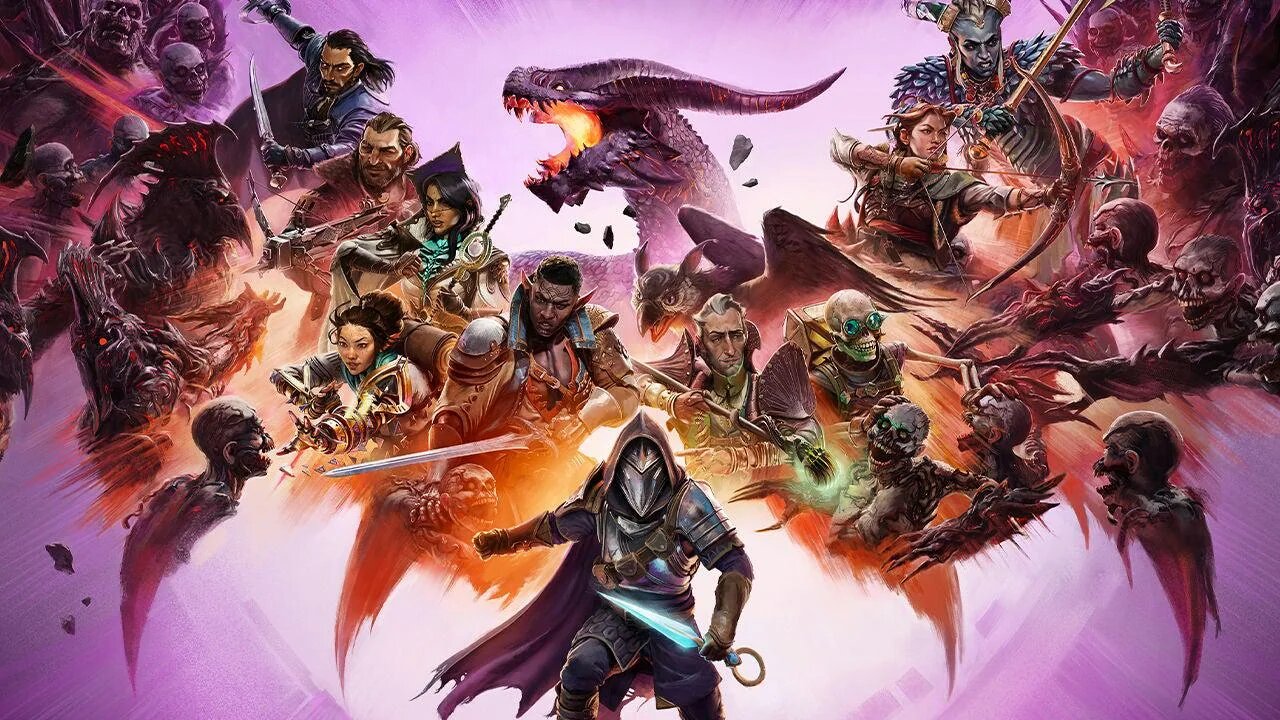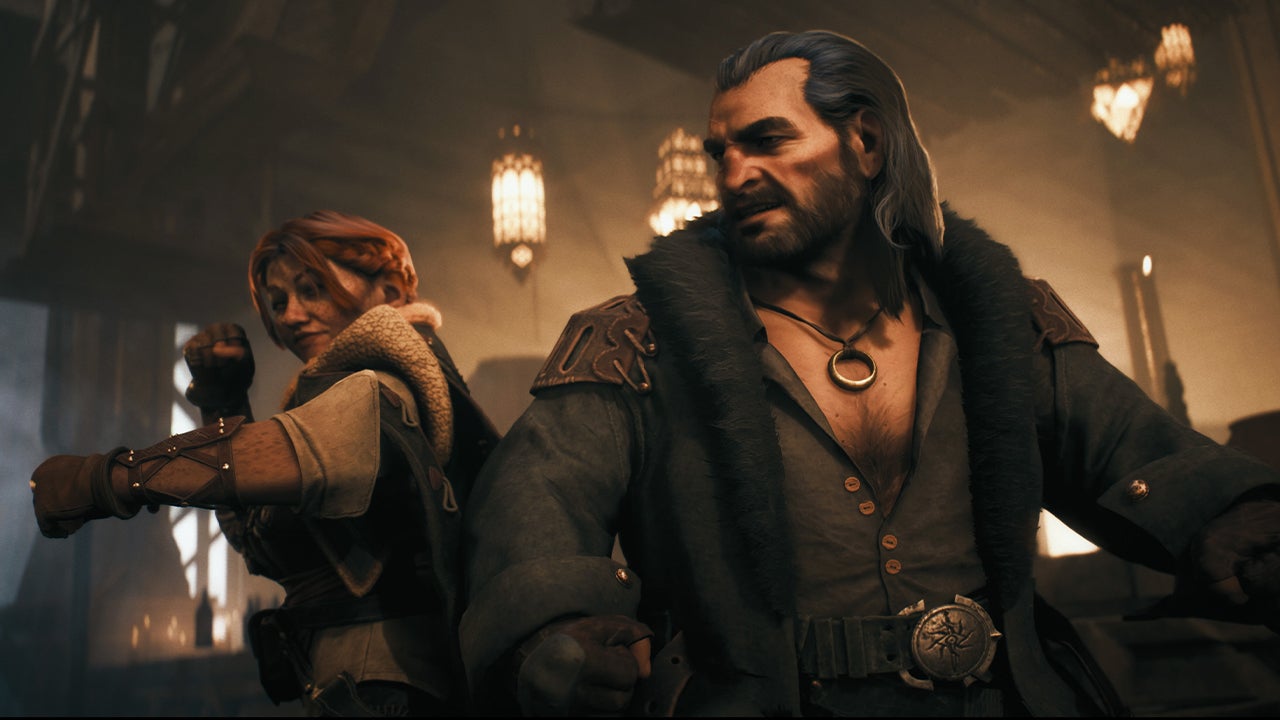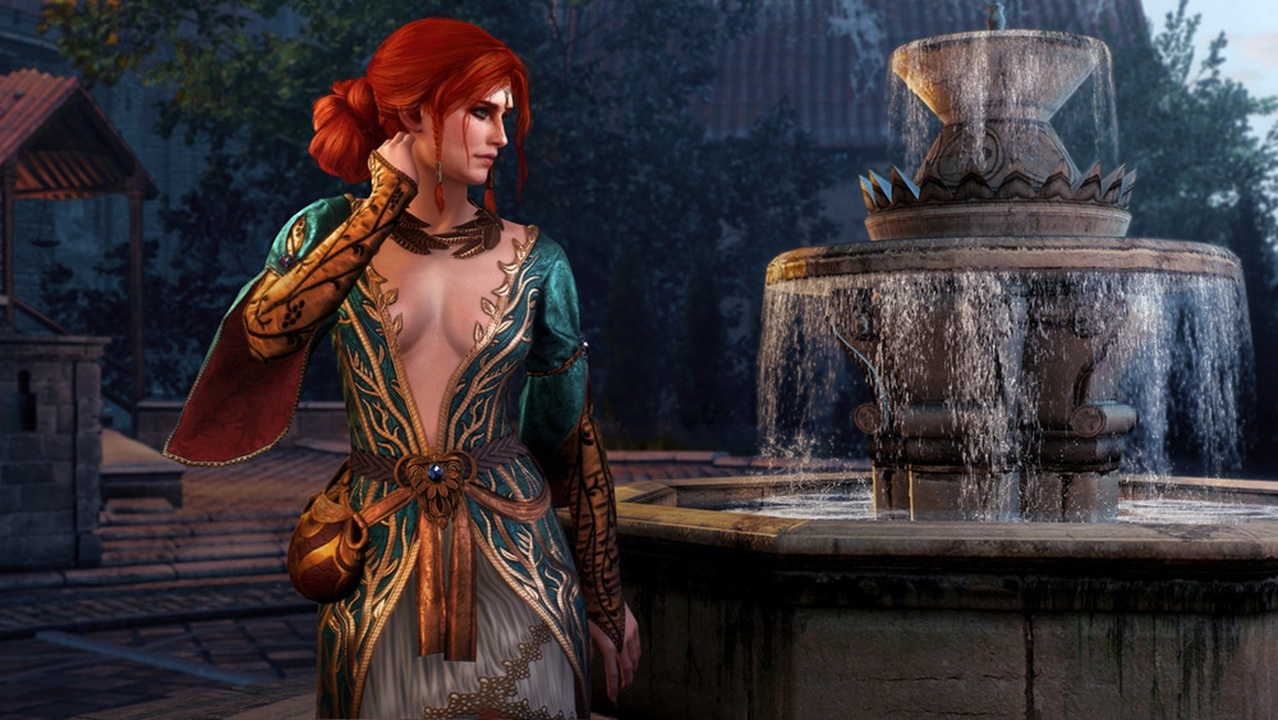- Following the failure of Dragon Age: The Veilguard, a former writer has discussed EA’s confidence in the franchise.
- The publisher attempted to appeal to a wide audience and expected core fans to always buy new games.
- It believed that the traditional RPG mechanics of older Dragon Age games were slow and needed to be changed.
Dragon Age: Veilguard marked one of the industry’s more surprising failures last year. Although BioWare is now moving forward with the development of Mass Effect, the team’s morale has taken a major hit, with various developers also leaving the studio.
Discussing the Dragon Age franchise and EA’s past failures, a former writer of the franchise has revealed that EA falsely believed a chunk of the RPG audience would always show up to play Dragon Age.
Why it matters: This belief is partly why the publisher was so surprised when Dragon Age: The Veilguard failed to perform as expected.

David Gaider, the former lead writer of Dragon Age, recently discussed EA’s thought process behind moving the franchise from an RPG focus to a more action-adventure-focused experience.
As per David Gaider, EA believed the slower mechanics of games like Dragon Age: Origins were cumbersome and not well suited to a broader audience. The publisher believed these mechanics appealed more to hardcore RPG fans, whom it described as “RPG nerds.”
EA was of the belief that these “nerds” would always buy new entries belonging to RPG franchises, so the publisher attempted to attract a broader audience. The same philosophy was applied to Dragon Age: Veilguard, but EA was proven wrong last year.
You didn’t have to worry about the nerds. You didn’t have to appeal to them.
-David Gaider
Dragon Age: The Veilguard was a major departure from the series’ core ideas in many ways, and the game suffered as a result of this approach.
Many criticized the game’s poor writing and minimal RPG elements. The title also became controversial due to its dialogue, much of which contradicted the series’ traditionally darker themes.

Following recent events, fans hope that EA has learned that appealing to a different audience is not always the best idea. Perhaps the next Mass Effect won’t make the same mistake.
What are your thoughts on Dragon Age: The Veilguard nearly a full year after its launch? Let’s discuss in the comments and on the Tech4Gamers Forums.
Thank you! Please share your positive feedback. 🔋
How could we improve this post? Please Help us. 😔
[Senior News Reporter]
Avinash is currently pursuing a Business degree in Australia. For more than 5 years, he has been working as a gaming journalist, utilizing his writing skills and love for gaming to report on the latest updates in the industry. Avinash loves to play action games like Devil May Cry and has also been mentioned on highly regarded websites, such as IGN, GamesRadar, GameRant, Dualshockers, CBR, and Gamespot.




